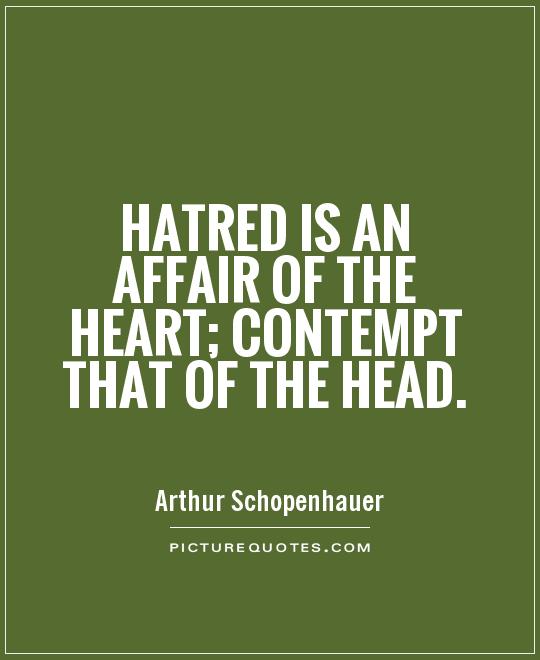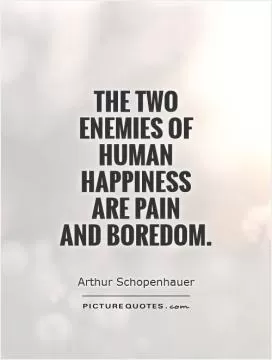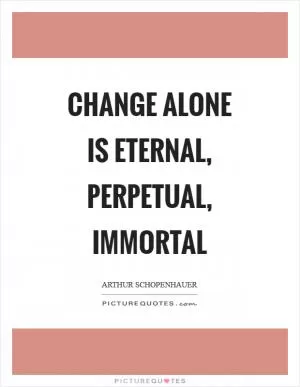Hatred is an affair of the heart; contempt that of the head

Hatred QuotesAn Affair QuotesFrom The Heart QuotesThe Heart QuotesContempt QuotesArthur Schopenhauer Quotes
Hatred is an affair of the heart; contempt that of the head
Arthur Schopenhauer, a renowned German philosopher, once said, “Hatred is an affair of the heart; contempt that of the head.” This profound statement sheds light on the different ways in which negative emotions manifest within us. Schopenhauer’s words suggest that hatred is a deeply emotional response, rooted in the heart, while contempt is a more rational and intellectual reaction, originating in the head.Hatred is a powerful and intense emotion that can consume a person entirely. It is often driven by strong feelings of anger, resentment, and animosity towards someone or something. When we hate, our hearts are filled with negative energy, and our emotions can cloud our judgment and rationality. Hatred can lead to destructive behavior, causing harm to both ourselves and others. It is a deeply personal and emotional response that can be difficult to control.
On the other hand, contempt is a more detached and intellectual response. It involves looking down upon someone or something with a sense of superiority or disdain. Contempt is often driven by a perceived sense of superiority or moral righteousness. When we feel contempt towards someone, we may dismiss them as unworthy or inferior, without necessarily feeling the intense emotional turmoil that comes with hatred. Contempt is a more calculated and rational response, based on our intellectual judgments and beliefs.
Schopenhauer’s words highlight the distinction between these two negative emotions and how they manifest within us. While hatred is a deeply emotional response that stems from the heart, contempt is a more intellectual reaction that originates in the head. Understanding the difference between these two emotions can help us navigate our own feelings and reactions towards others. By recognizing the source of our negative emotions, we can work towards managing them in a healthier and more constructive way.












 Friendship Quotes
Friendship Quotes Love Quotes
Love Quotes Life Quotes
Life Quotes Funny Quotes
Funny Quotes Motivational Quotes
Motivational Quotes Inspirational Quotes
Inspirational Quotes